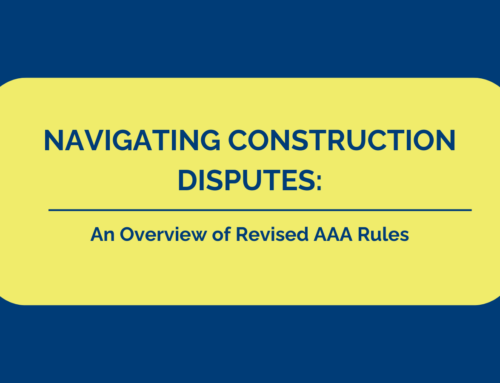Limitation-of-liability clauses are important tools that business owners use to limit and allocate risks in commercial relationships. Business owners and their counsel should always consider the potential liability find ways to reduce exposure.
Limiting liability can be as important as negotiating price. However, price negotiation is generally a business function, while much of the direct negotiation over limitation of liability is handled by the attorneys. A well-drafted limitation-of-liability provision can successfully limit a company’s direct, indirect, consequential, special, and incidental damages if a claim occurs arising out of the company’s contractual relationship. These provisions may cap damages at either an amount agreed upon by the parties, the contract amount, or the parties’ insurance coverage limits. The clauses may also expressly exclude certain damages.
Georgia courts routinely scrutinize limitation-of-liability provisions to ensure that they are not ambiguous, unconscionable, unfairly negotiated for, or in violation of a Georgia statute or public policy. Limitation-of-liability clauses not explicitly drafted or fairly negotiated may be held unenforceable. Likewise, enforcing limitation-of-liability clauses when the performing party did not maintain its insurance or meet other conditions can cause unintended—and harsh—results.
Please contact us if you have questions or need assistance reviewing or negotiating contracts with these types of provisions.





